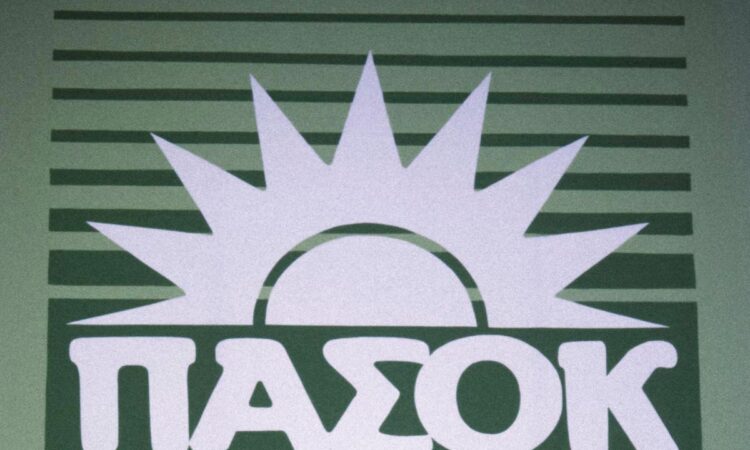
Gamma-Rapho via Getty Images
I was once told a story by a reliable source (the story is too good to bother verifying) that in the late 1980’s at a summit of European leaders, Greek prime minister Andreas Papandreou arrived by car in the courtyard of a sumptuous hotel. As he stepped out of the limousine, the windows of a suite on the fourth floor of the hotel were flung open and appeared Charles Haughey, Taoiseach or prime minister of Ireland, who at the top of his voice declared ‘Andreas Papandreou, you are my hero!’.
In many respects, Haughey was right, he and Papandreou were very alike – clever and corrupt, leaders of large grassroots political parties (political scientists compared Fianna Fail and Pasok, the party Papandreou founded, as the most enduring political machines in Europe).
Haughey and Papandreou both had interesting personal lives and tastes – Haughey in his grandeur sent the bill for 14,000 pounds (a lot of money back then!) worth of Charvet shirts to the Irish state. Papandreou had been the Dean of the economics faculty at Stanford, but couldn’t manage the Greek economy, and later couldn’t manage his personal life. I had the pleasure to spend a lot of time in Greece in the late 1990’s, when the behaviour of Papandreou’s third wife ‘Mimi’ provoked a lot of debate.
Both men, it could be said, opened up the way for their countries to perform into the early 2000’s but both also sowed the seeds of the downfall of their economies in the post 2007 period. In both cases, what were dominant political parties have been reduced to much smaller players.
Dynasties
This much was evident in last week’s Greek election – while the share of the vote that Pasok held rose to 11% from 8%, it is a shadow of the machine it was. Kyriakos Mitsotakis the son of Andreas Papandreou’s political rival Konstantos Mitsotakis, has won an impressive victory and will likely do even better in a second election at the end of June, such is the apparent desire amongst Greeks for prolonged economic growth.
As an aside, recall that in the dynastic environment of Greek politics George Papandreou, son of Andreas, took over Pasok as Greece headed into the euro-zone debt crisis – and to reinforce the notion of dynastic politics, George Papandreou was also the room-mate at Amherst of Antonios Samaras – New Democracy prime minister from 2012-2015!.
Having gotten to know Greece very well in the 1990’s I visited there during the ‘Troika’ period. There is simply not enough recognition of the devastation of the Greek economy and of its society, by Greece’s own excesses, the euro-zone crisis and the medicine applied by the IMF and EU. For a country that suffered the worst depression in modern history to now begin to enjoy consecutive years of strong growth is a very good thing.
Greek society and the way the country is run have changed though there are echoes of some of the things I recall from the news in the 1990’s – corruption in procurement and transport (witness the causes of the trains crash in northern Greece in February) and there are still bugging scandals.
Bond yields
The great challenge for Mitsotakis now is not so much to prolong the uptick in the economy – investors are already re-rating it (bond yields are below Italy and the UK) but to make decisive departures with the modus operandi of the past in terms of the way the state is run. The other glaring (to my experience) area for reform is education – notably in creating a much better secondary and tertiary education system so that young Greek people are happy to remain in Greece for their education and to then work there.
A new development for Greece is a change in the fortunes and behaviour of its larger neighbour. In the 1990’s there was constant tension between Turkey and Greece over both Cyprus and the small Greek islands close to the Turkish coast, resulting in frequent close contact between the Greek and Turkish air forces. Recyyp Erdogan took power just before Greece hosted the Olympics and for a long time the performance of the Turkish economy, the scope of its infrastructure building and its growing role as a model for Middle Eastern states put Greece in the shade.
Turkey’s progress has been squandered, and its economy is now not far from a crisis. The worry for Greece is that Erdogan tries to create tension with Greece as a distraction from the consequences of his own long term in office. While the Greeks are used to this (both Mitsotakis and Alexis Tsipras have handled relations with Turkey well), it could be an unnecessary complication just when things are going the right way.






